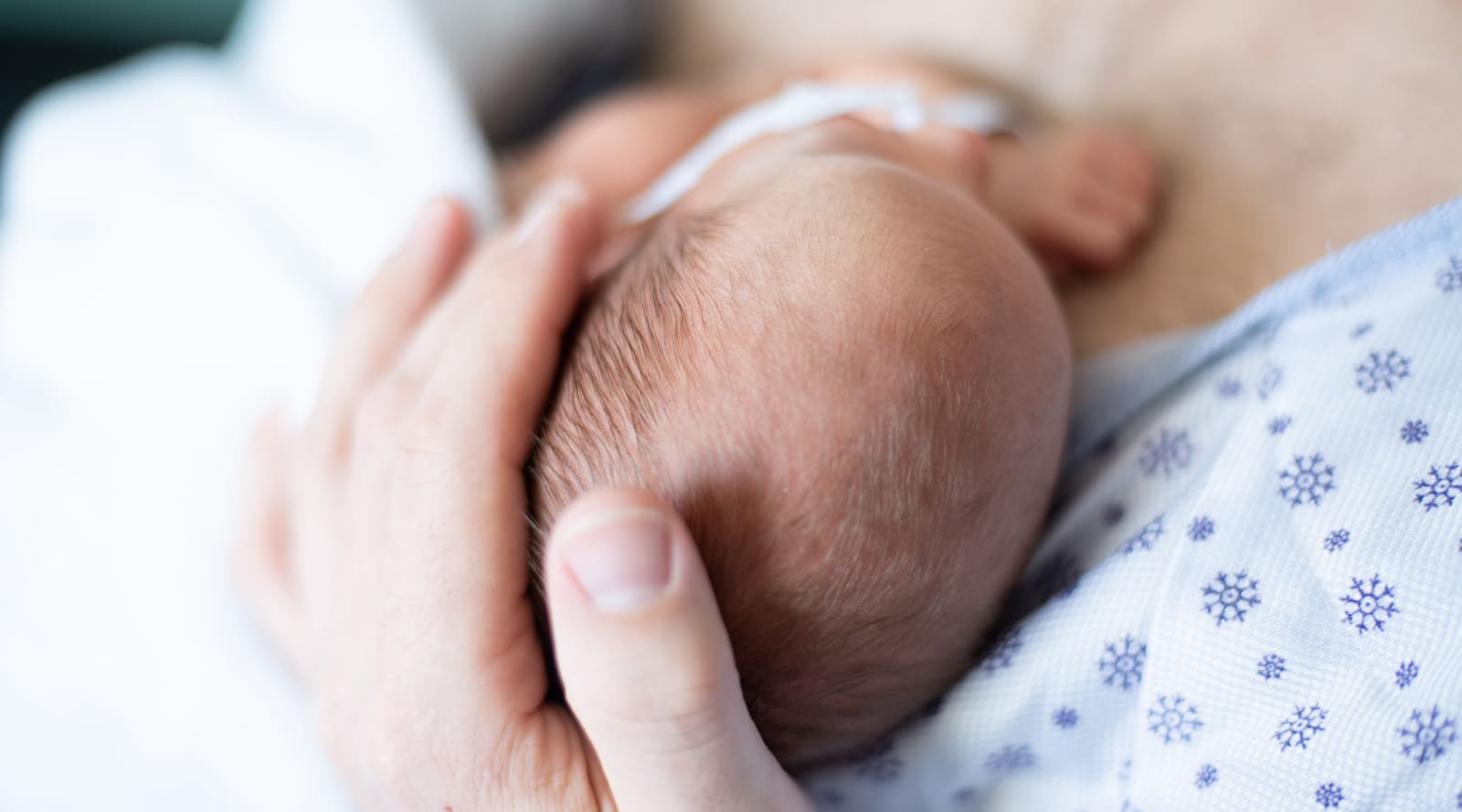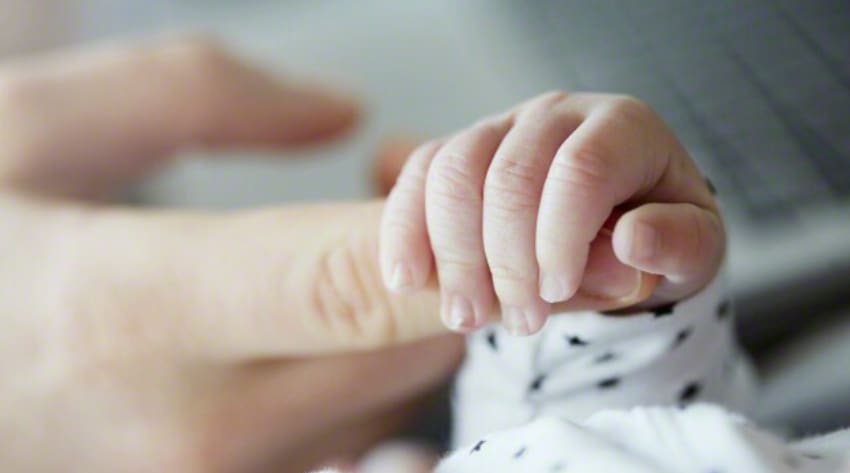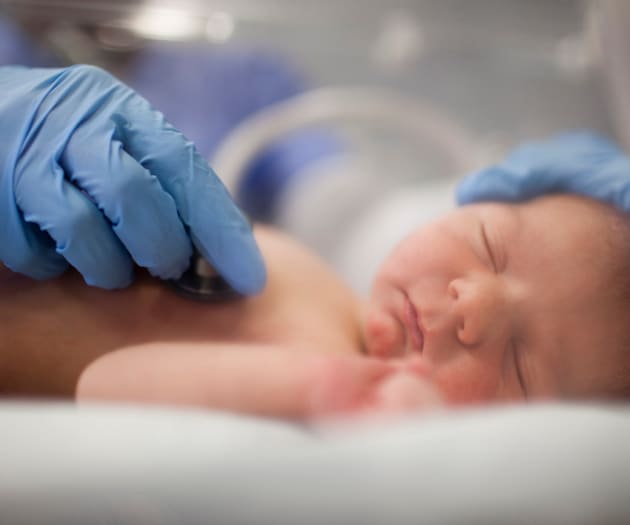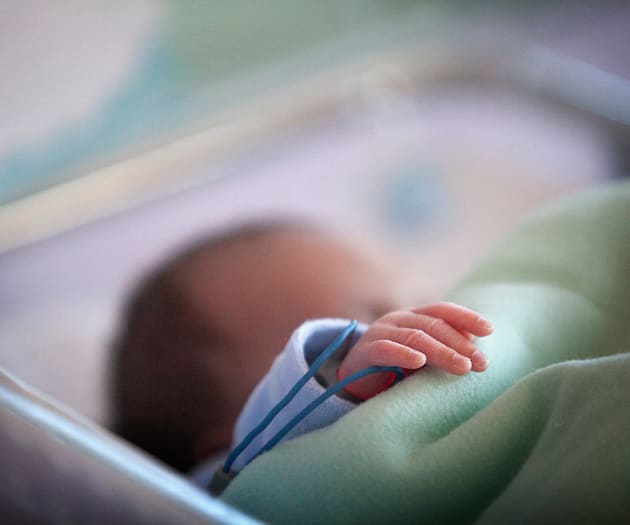Introduction
Bringing your premature baby (known as a preemie) home for the first time might feel exciting and scary in equal measures. You’ve had the support from staff in the neonatal unit 24/7 so it’s normal for home to feel a daunting next step. This article will help prepare you for transitioning from the neonatal unit to your baby's first home.
Taking care of your premature baby at home
Your healthcare team on the neonatal unit will be on hand to help your baby transition from hospital to home. It might feel overwhelming at the start but with a little preparation you’ll soon be cuddling, practicing tummy time and watching your premature baby settle into family life at home. We’ve compiled a list of premature baby care tips to help you care for your baby at home.
Premature baby feeding
Whether your baby is breastfed, formula-fed, or tube-fed, ask your healthcare team about how to support your baby’s feeding and make sure that feeding is a positive experience.1 This will include guidance on positioning, feeding cues, and how to create a calm and comfortable environment for both you and your baby.
Maintaining your premature baby’s temperature
Your baby’s body temperature should be between 36.6°C and 37.2°C. You don’t need to constantly check your baby’s temperature but check if they feel hotter than usual when you touch their back or chest.2 A nursery thermometer will help you to make sure where your baby sleeps is a safe temperature. Rooms should be kept between 16 and 20°C.3
Sleeping
Your healthcare team will advise on safe sleep positions, suitable premature sleeping bags, and typical sleeping patterns for a premature baby. They can also provide guidance on creating a safe sleep environment to reduce the risk of Sudden Infant Death Syndrome (SIDS) and other sleep-related issues, which is particularly important for premature infants.
Interactions between you and your baby
Your healthcare team can provide plenty of advice on how to bond and play with your baby at home. They may offer specific suggestions tailored to your baby's age and developmental stage, such as appropriate toys and activities that stimulate their senses and encourage interaction.
Illness
Ask your healthcare team about the signs to look out for and who to contact if you are worried about your baby.
What is ‘rooming-in’?
In preparation for taking your baby home, some neonatal units may offer you the chance of ‘rooming-in’. This involves spending one to two days in a room with your baby to care for them as you would at home, with the support of the nursing team as needed.4 This will help you build confidence in caring for your baby and learn their cues for more responsive feeding (your baby’s way of communicating their needs), which will help to strengthen your relationship with your baby. It's a good opportunity to practice changing those nappies (Don’t forget to stock up on premature nappies at home!).
Ask your healthcare team if rooming-in is available in your neonatal unit.
How can I help my premature baby sleep?
Some premature babies may have been sleeping on their fronts in the neonatal unit. However, in preparation for going home, your healthcare team may transition your baby to sleeping on their back as this is the only sleeping position which is considered safe when you’re at home.3
Premature babies are at higher risk of sudden infant death syndrome (SIDS), therefore it‘s important that safe sleep advice is followed. The Lullaby Trust provides a helpful guide for safe sleep specifically for premature and low birth weight babies.
How can I look after my premature baby’s skin?
Once your baby can regulate their temperature, it’s time for their first bath! To avoid irritating your premature baby’s skin, limit baths to no more than two or three times a week.5 In between baths, you can ‘top and tail’ using cotton wool soaked in warm water to wash your baby’s face, neck and bottom.5 Ask your healthcare team to show you how to care for your baby’s skin before you leave the neonatal unit.
Despite what the baby skincare industry may tell you, less is more when it comes to your premature baby’s skin. It’s recommended all skincare products are avoided for premature babies for the first six-eight weeks as the skin’s protective barrier takes longer to mature.6 If your baby’s skin feels dry, speak to your healthcare team before applying creams or lotions as they may cause further problems.6
How do I look after my baby if they are still on oxygen?
Your premature baby may need home oxygen because their lungs are not working well enough. This can be due to conditions including chronic lung disease, sleep apnea or high blood pressure in the blood vessels that supply the lungs.7 Your baby may need oxygen 24 hours a day or just when they’re asleep.
Caring for your premature baby at home when they’re on oxygen can be difficult so it’s important that you feel supported by your healthcare team and family.
Oxygen is a fire hazard, so you need to feel confident in how to use the equipment safely. Your healthcare team will make sure you are trained in how to use it as well as providing written instructions and a list of emergency phone numbers.7
The oxygen supply company will deliver the equipment to your home and show you how to use it. They will give you a 24-hour emergency contact number in case of any problems with the equipment.7
What support is available for parents of premature babies at home?
When you are finally able to take your premature baby home, support won‘t be far away. We have rounded up a list of people who are available for advice and support:
-
Your healthcare team may refer you to a community neonatal nurse.
-
You will have a local health visitor who may arrange to visit you at home or a local clinic.
-
You can speak with your GP or practice nurse.
-
Bliss is a charity providing practical and emotional support to families of premature babies via email and online video conversations.
Next steps
Bringing home a premature baby can spark a mix of emotions from excitement to panic – all of which are normal. Speak with your healthcare team about how you are feeling and ask as many questions as you can to help you feel prepared. When you are home, remember you are not alone. Friends, family and healthcare professionals will be on hand to help so you can focus on bonding with your baby in their new home. If you or your partner are feeling overwhelmed, it is important to speak to your healthcare professional as there is plenty of support available. Also keep an eye on the signs for postnatal depression.








